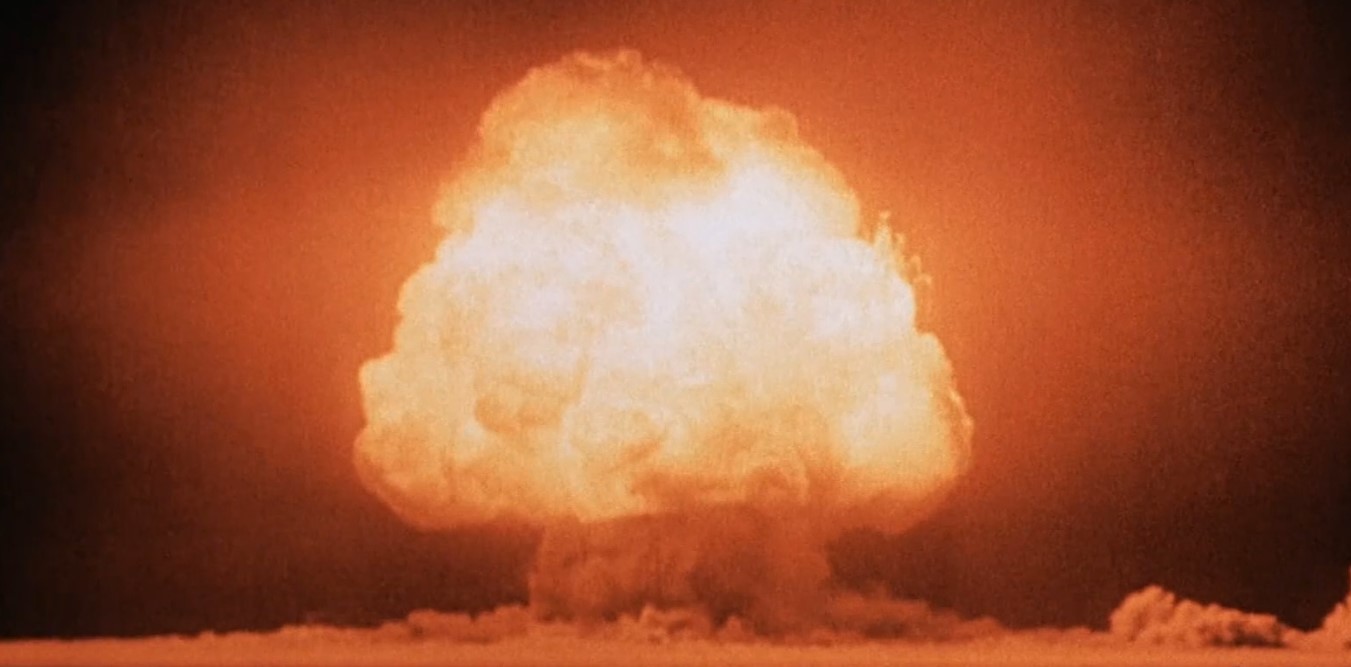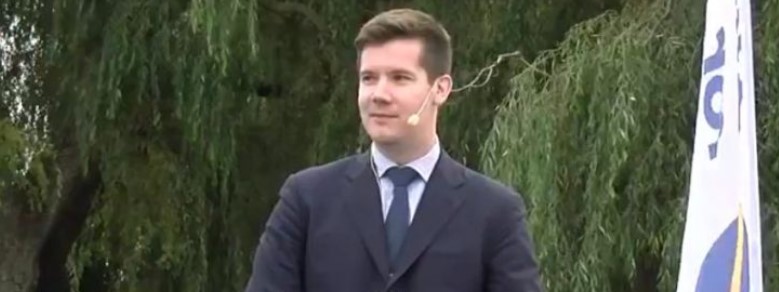Nuclear proliferation was widely discussed in public and contributed significantly to the rise of the Greens, who at the time still presented themselves to their voters as a peace party. The social-liberal coalition under Chancellor Helmut Schmidt (SPD) even broke up in 1982 over the issue of rearmament.
It is quite frankly a déjà vu experience, but there has been an eerie silence in public. Once again the issue is the stationing of American missiles in Germany, and no one is making a secret of the fact that these are first-strike weapons for a “decapitation strike”.
American Tomahawk cruise missiles are to be stationed in Germany as early as 2026. Newly developed hypersonic weapons are to be added later – but the US does not currently have these. It will probably be several years before they are ready for use.
Unlike in the 1980s, this time all the old parties in the Bundestag – including the supposed opposition in the form of the Union – agree that US missiles must be welcomed. And despite the extraordinary explosiveness of the issue, there is no public discussion. Only the AfD and BSW are against the project, which Chancellor Scholz (SPD) announced at the beginning of August after a visit to Washington.
The military implications are even greater this time than they were 40 years ago. Currently only Russia has hypersonic weapons in its arsenals. This makes the risk of a nervous US knee-jerk reaction even greater than in the days of conventional cruise missiles. The new weapons reach speeds of up to 10 and 12 times the speed of sound and cannot be intercepted by any existing US air defense system in the case of a retaliatory strike.
For Germany, the risk of becoming the target of a Russian counterattack has therefore grown dramatically.
The actual danger this poses is completely undisputed among experts. Criticism of the planned missile deployment is now coming from the International Campaign to Abolish Nuclear Weapons (ICAN). For ICAN board member Johanna Hauschulz, the decision to deploy such weapons is “highly problematic”, especially “because it was made without sufficient parliamentary involvement”. The fact that cruise missiles that can reach targets deep in Russia are to be stationed in Germany for the first time in decades is fueling “the already threatening arms race between the nuclear powers”, she warned.
She is not alone in this assessment. According to a survey in the German weekly Stern, almost every second German fears that the planned deployment of American missiles will increase the risk of a military conflict with Russia.
ICAN was awarded the Nobel Peace Prize in 2017 for “its work in drawing attention to the catastrophic humanitarian consequences of nuclear weapons and for its groundbreaking efforts to achieve a treaty ban on such weapons”. These days, the organization is protesting together with partner organizations around the world as part of a global week of action against the “unsustainable spending on nuclear weapons”.













No comments.
By submitting a comment you grant Free West Media a perpetual license to reproduce your words and name/web site in attribution. Inappropriate and irrelevant comments will be removed at an admin’s discretion. Your email is used for verification purposes only, it will never be shared.